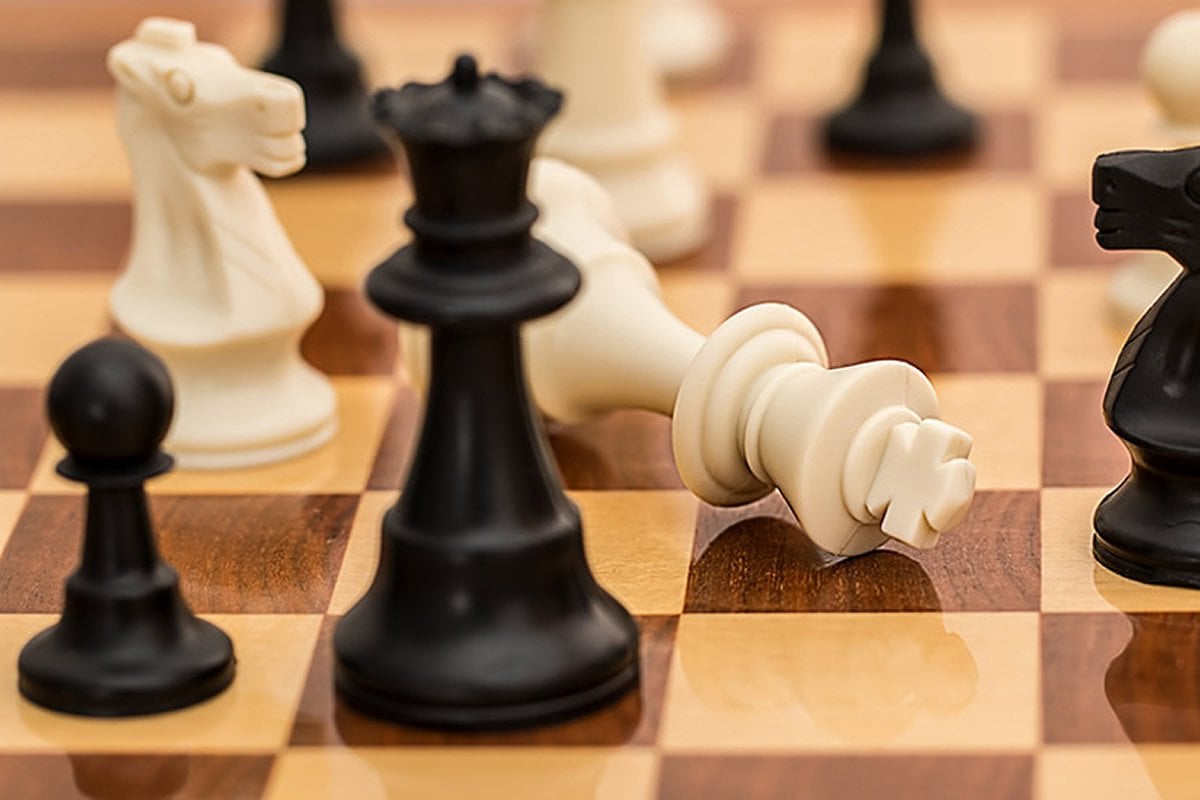Summary: Both intelligence and practice positively affect the acquisition and retention of stress skills.
Source: University of Graz
What is more important for success—intelligence or practice? And how do these factors compliment one another? When it comes to chess, up until now, experts have held different opinions. Researchers from the University of Graz, ETH Zurich, Northumbria University and Oxford University have just discovered that intelligence and practice are equally important in chess, and this applies no matter the age of the player. At the same time, they have shown that more intelligent people benefit more from regular practice. The results were published in PNAS.
The research group’s study is the first to examine the development of playing strength over a person’s entire lifespan. A total of 90 tournament chess players aged between 10 and 77 took part. The initial question was how intelligence and practice interact throughout the course of a lifetime—i.e., at the beginning of a chess career, in the time of peak performance between the ages of 30 and 40, and during the phase of cognitive decline in old age. “We have observed that both factors play an important role in all phases. The greater the intelligence and the more tournament games played, the greater the playing strength. In addition, there was a correlation: Intelligent players benefit more from the same amount of practice than less intelligent players,” explains Roland Grabner from the Institute of Psychology at the University of Graz.

The ability to recognize patterns is especially important in chess. If you can access memorized constellations of pieces, possible moves and game sequences more quickly, you have a clear advantage. At the same time, however, chess is such a complex game that you can never store all the possibilities in your memory. In the game itself, the biggest help is a greater numerical intelligence: “The numerically more intelligent players seem to be able to utilize their strengths best in order to calculate different moves. General visual-spatial thinking hardly plays a role here,” says Grabner. Even in old age, when intelligence decreases, the advantage of greater numerical intelligence remains. However, it is still not a substitute for practice.
Source:
University of Graz
Media Contacts:
Roland Grabner – University of Graz
Image Source:
The image is in the public domain.
Original Research: Closed access
“The joint influence of intelligence and practice on skill development throughout the life span”. Nemanja Vaci, Peter Edelsbrunner, Elsbeth Stern, Aljoscha Neubauer, Merim Bilalić, and Roland H. Grabner.
PNAS. doi:10.1073/pnas.1819086116
Abstract
The joint influence of intelligence and practice on skill development throughout the life span
The relative importance of different factors in the development of human skills has been extensively discussed. Research on expertise indicates that focused practice may be the sole determinant of skill, while intelligence researchers underline the relative importance of abilities at even the highest level of skill. There is indeed a large body of research that acknowledges the role of both factors in skill development and retention. It is, however, unknown how intelligence and practice come together to enable the acquisition and retention of complex skills across the life span. Instead of focusing on the 2 factors, intelligence and practice, in isolation, here we look at their interplay throughout development. In a longitudinal study that tracked chess players throughout their careers, we show that both intelligence and practice positively affect the acquisition and retention of chess skill. Importantly, the nonlinear interaction between the 2 factors revealed that more intelligent individuals benefited more from practice. With the same amount of practice, they acquired chess skill more quickly than less intelligent players, reached a higher peak performance, and arrested decline in older age. Our research demonstrates the futility of scrutinizing the relative importance of highly intertwined factors in human development.






